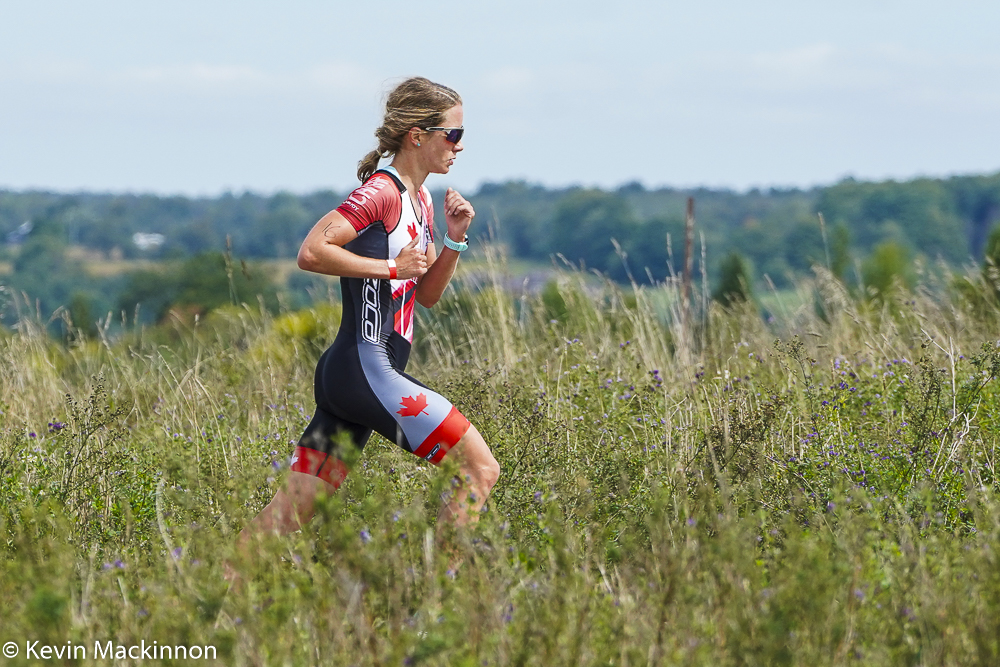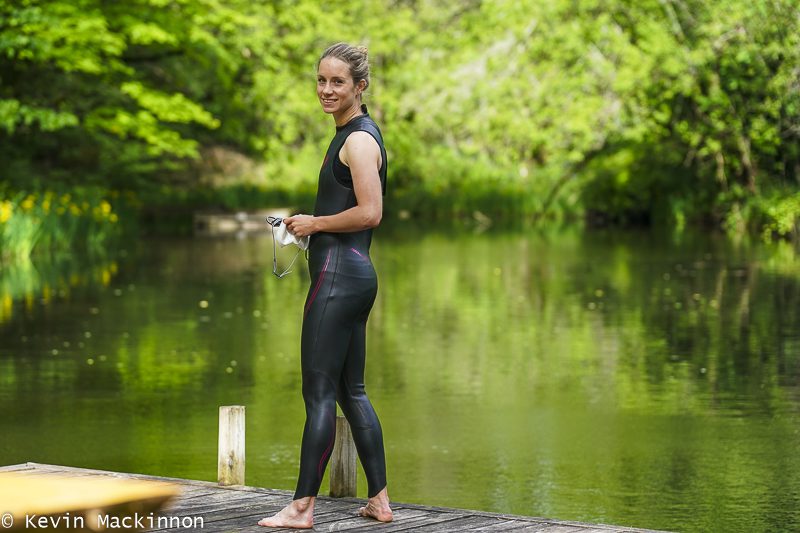4 lessons age-group triathletes can learn from the pros
There's an upside to being a triathlon fan!
 Photo by:
Kevin Mackinnon
Photo by:
Kevin Mackinnon
Elite athletics is an amazing laboratory of human performance, where even a half-percent of improvement can mean the difference between success and failure. Sport also has a short memory – your victories and performances in previous years do not win you podiums tomorrow. In such a ruthless environment, with such clear benchmarks of success, there is a strong incentive for continuous improvement.
Amateur athletes are in a great position to benefit from this, especially in the age of social media, where we have access to so much information about what the pros are doing on a daily, weekly and yearly basis. However, while these details can be exciting to learn, I think that it is important to look past the flashy posts and cool videos and focus on the elements that are common to most elite athletes. These provide the lessons that will help us amateurs the most.
1. Consistent Training
Perhaps the most important lesson that comes from the experience of elite athletes is that their rise up to the professional ranks is generally the result of years of consistent training. Yes, there are exceptional athletes that burst on the scene with limited prior sports history (I’m thinking of you Chrissie Wellington), but the vast majority of them have years of training behind them. Even if their entrance into triathlon is marked by quick success, their endurance training backgrounds are typically long, usually with modest beginnings. What should amateurs take away from this? You can keep getting better for years as long as you keep showing up and working hard.

2. Work on your weaknesses
Another important lesson is that successful elites also work on their weaknesses. Take Canadian pro Tamara Jewett for example. Sure, everyone wants to talk about her run performances – because they are blazing fast and record setting – but she hasn’t just rested on her laurels there. According to the Professional Triathletes Organisation website, her swim ranking improved from 324th to 42nd between 2019 and 2021. That’s pretty impressive improvement and doesn’t get the attention it deserves. It certainly isn’t always fun to work on something that doesn’t come naturally to you, but the marginal gains for working on those parts of your race are often the greatest. Kudos to her for realizing that.
3. Train the “whole” athlete
Another lesson that I think that we can take from the elites is that they don’t just train the big three sports in triathlon – they train the whole athlete. Lionel Sanders shared an Instagram post in early 2020 of him doing some pretty sedate-looking core work and called it “perhaps the most important session of the day.” It may not be as flashy as videos of intense track workouts or cycling KOM attempts but he clearly knows the value of addressing core stability and strength training.
4. Set Goals
A final lesson from the elites is about goal setting. Elite athletes are always setting goals, and making them clear – to themselves and others. They might publicly declare their podium intentions out loud on the internet, they might sign up for the Olympic trials in swimming while simultaneously training for triathlon or they might refine their goals in the privacy of a conversation with their coach, but you can be sure that they all start each training year with defined intentions and expectations as to where they want to end up. It’s hard to accidentally end up at the top of the world if you haven’t intended to get there.
So go ahead, binge on athlete social media posts and watch those great workouts that inspire you to get out on the track or in the pool. But don’t overlook the fundamentals that underlie these incredible humans. They provide the best lessons for us in our training.
Darian Silk is a triathlon coach and Clinical Exercise Physiologist based in Toronto. Read more about Darian here or email him at darian@teamatomica.com. You can also check out his TrainingPeaks profile here.

